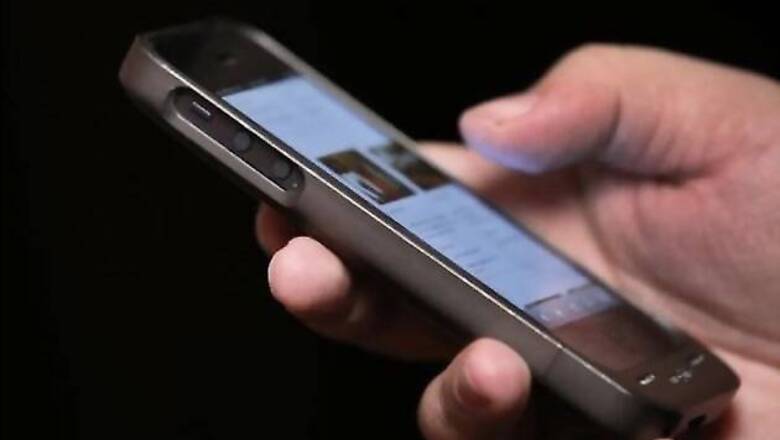
views
Washington: A new smartphone app equipped with evidence-based guidelines may help better diagnose patients with chronic health issues such as obesity, smoking and depression, a new study has found.
Mobile devices loaded with a custom app that prompts clinicians to follow evidence-based guidelines to make treatment decisions and document care plans makes nurses significantly more likely identify these health issues during routine exams, researchers said.
"What clinicians need is decision support tools that fit into their workflow and remind them of evidence-based practices," said lead study author Suzanne Bakken, Alumni Professor of Nursing and Professor of Biomedical Informatics at Columbia University School of Nursing.
"Our app focused specifically on the work that nurse practitioners do to identify health problems, counsel patients and coordinate care plans, resulting in higher diagnosis rates and more opportunities for intervention," said Bakken.
The study evaluated diagnosis rates for tobacco use, adult and pediatric depression and obesity during 34,349 patient exams conducted by 363 registered nurses enrolled in nurse practitioner programmes at Columbia Nursing.
Students were randomly assigned to use mobile apps with or without decision support for guideline-based care.
For each of the health issues studied, mobile apps with decision support features resulted in significantly higher diagnosis rates than apps with only bare-bones tools for recording results from a patient exam.
The app may have worked because, unlike software aimed at physicians that focuses more on diagnostic codes needed for medical billing, it prompted nurse practitioners to follow evidence-based clinical guidelines to screen, diagnose, and manage specific conditions and encouraged detailed conversations with patients about their health, Bakken said.
For tobacco screening, for example, the app prompted nurses to ask not just about cigarettes but also about other products such as chewing tobacco.
To diagnose patients who are overweight or obese, the app calculated body-mass-index to quickly pinpoint people who might benefit from weight-loss counselling and other interventions, researchers said.
And with depression, the app prompted nurses to ask a series of questions to make it easier to identify patients with depressive symptoms, they said.
The study was published in the Journal for Nurse Practitioners.
















Comments
0 comment